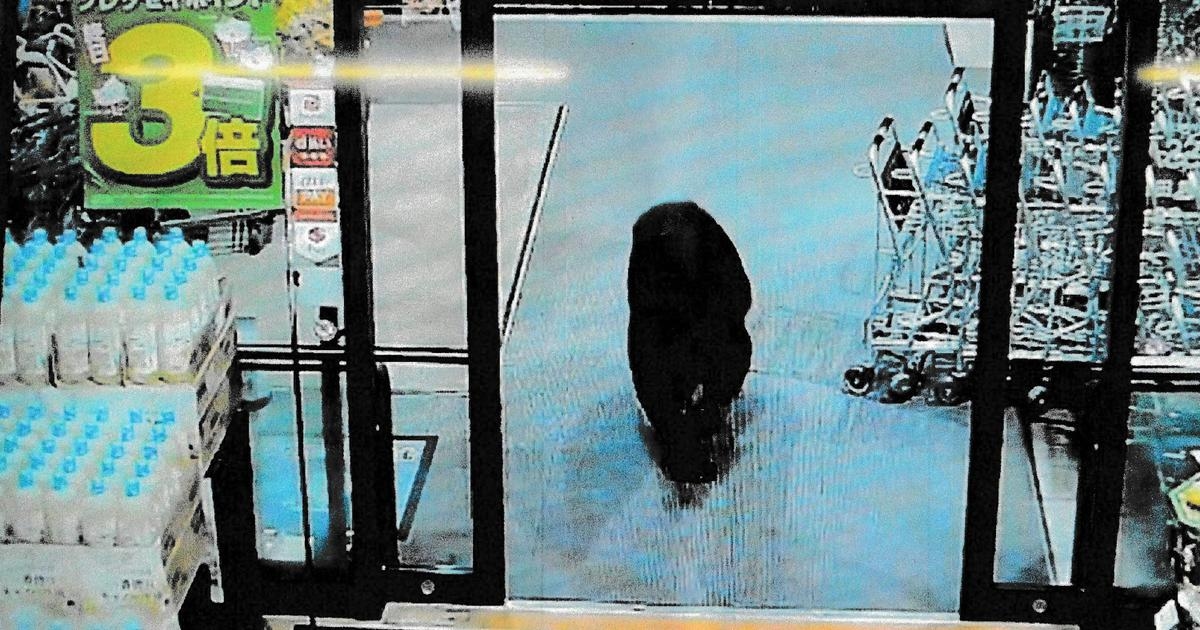AI to curb bear attacks in Japan

In Japan, bear attacks, some of which are fatal, are on the rise. In an effort to limit accidents, researchers have developed an AI that can predict bear attacks with over 60% accuracy.
Amidst a declining population, Japan's mountainous regions are losing their inhabitants. Wild animals, increasingly numerous, are reclaiming their habitat. But some bears are venturing into cities and... attacking humans.
Since the beginning of the year, bear attacks have already left seven people dead. “This is a record since 2006, when the state implemented a bear survey,” reported the Jiji Tsushin news agency on October 15 , adding that the number of injured stood at 108.
Faced with a constantly increasing bear population, authorities must strengthen their regulations, otherwise “the situation threatens to spiral out of control,” warns the Japanese website Wired . Hunters, who carry out culling operations, are also not immune to the population decline. And meanwhile, “an increasing number of bears are wandering into residential areas,” having realized that they contain vast quantities of food. In other words, even in cities, no one should take the risk of attack lightly.
To reduce the damage caused by these attacks, scientists at Jochi University in Tokyo have developed artificial intelligence (AI) to calculate the probability of bear sightings, reports the Mainichi Shimbun newspaper . To do this, the team led by machine learning specialist Yusuke Fukazawa fed an AI with information on bear sightings in 2021 and 2022 – weather, times, geographical conditions, etc. – in Akita Prefecture, located in northern Japan and home to a large number of bears.
After this initial step, they asked the AI to calculate the chances of encountering a bear in the study areas and compared the results with information on actual sightings recorded in 2023. The AI trained by Fukazawa predicted encounters with a bear with an accuracy of 65.5%.
Inspired by this initiative, the government of Hokkaido, in the north of the archipelago, is considering developing a similar AI, the newspaper reports. “Our AI's estimates aren't perfect, but they could still be useful to local residents,” Fukazawa said, as quoted by the Mainichi Shimbun.





